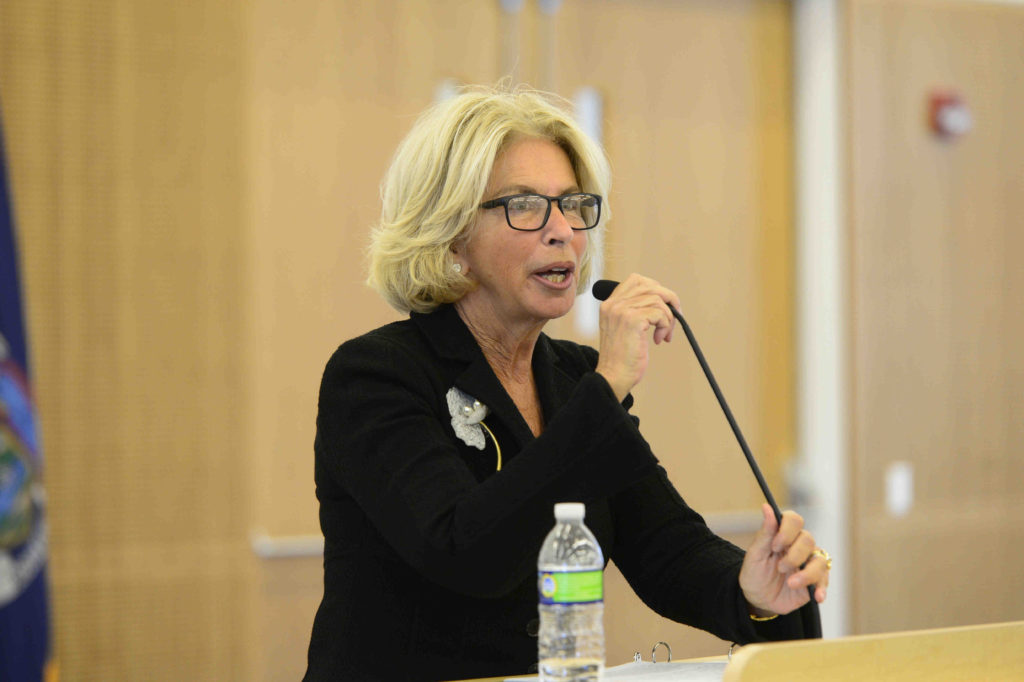NY’s virtual courts now accepting non-emergency pending matters
New filings still not accepted as the court evaluates future plans

After weeks of only hearing arraignments, bail applications, orders of protection and select “essential” matters, the New York State Court System has officially opened up to non-essential, non-emergency pending cases.
On Monday, the courts opened back up for pending cases that involve torts, asbestos, commercial, matrimonial, trust and estates, felony, family and a few other cases.
The court is still not accepting filings on new “non-essential” matters.

Brooklyn Boro
View MoreNew York City’s most populous borough, Brooklyn, is home to nearly 2.6 million residents. If Brooklyn were an independent city it would be the fourth largest city in the United States. While Brooklyn has become the epitome of ‘cool and hip’ in recent years, for those that were born here, raised families here and improved communities over the years, Brooklyn has never been ‘uncool’.